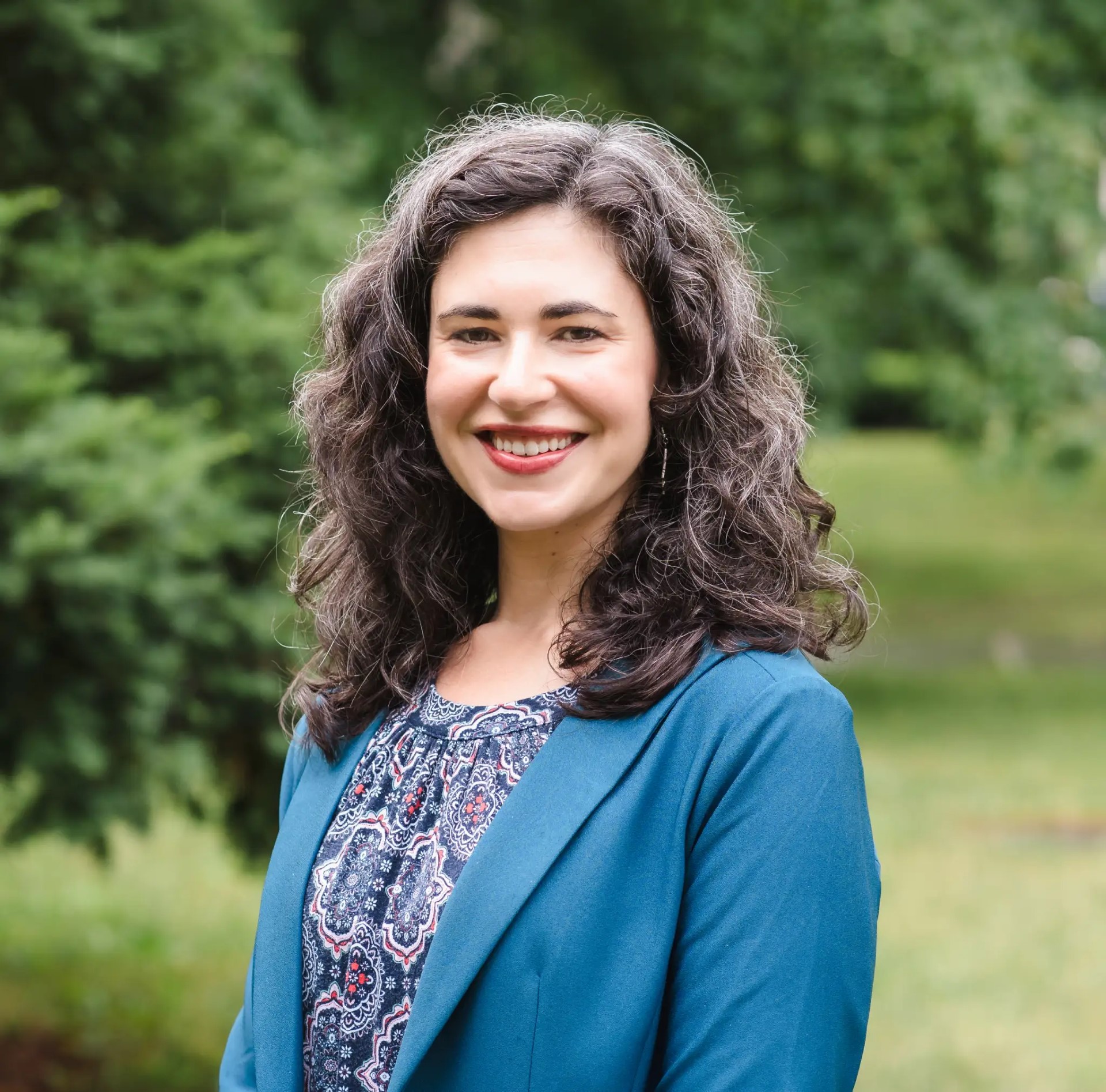
| Date: | March 5, 2026 at 10 am (Meeting # 716 since 02/13/1986) |
| Topic: | Walking with Wisdom and Anxiety: Navigating the Challenges and Opportunities of the Current World |
| Speaker: | Rachel Paster, Psy.D. (she/her), Clinical Psychologist, Director of Clinical Training, Interim Clinical Site Director, Boston Office |
| THIS WILL BE A HYBRID MEETING (in-person at TJC & via Zoom) | |
| To join this meeting on Zoom, please click HERE | |
Dr. Rachel Paster is a Clinical Psychologist at Center for Anxiety where she is the Director of Clinical Training and Interim Director of the Boston Office (though she is based in New Jersey).
Dr. Paster holds Masters degrees in Risk and Prevention and Adjustment Counseling from Harvard's Graduate School of Education as well as a Doctorate in Psychology from William James College with a certificate in Latino Mental Health.
She completed her APA-accredited internship at Wediko Children's Service in Boston, Massachusetts.
Dr. Paster is trained in a variety of treatment modalities including CBT, ACT, DBT, and EMDR and works with people presenting with depression, anxiety, trauma, grief, and life transitions.
She also has a focus on working with couples and folks in the LGTBQ+ community.
Dr. Paster enjoys spending time with her family, baking, and eating good food.
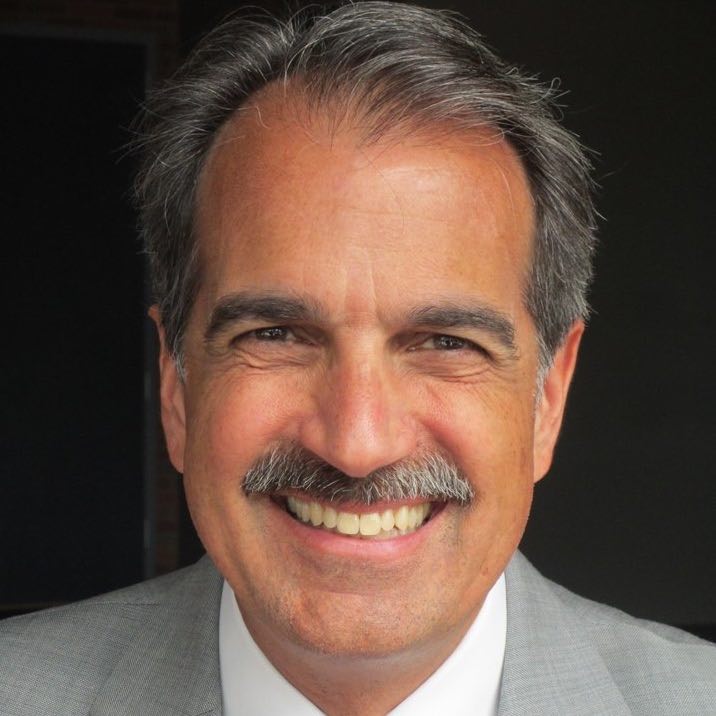
| Date: | March 19, 2026 at 10 am (Meeting # 717 since 02/13/1986) |
| Topic: | The Ever Alive Dead Sea Scrolls |
| Speaker: | Gary Rendsburg, Chair in Jewish History at Rutgers University |
| THIS WILL BE A HYBRID MEETING (in-person at TJC & via Zoom) | |
| To join this meeting on Zoom, please click HERE | |
The story of the discovery of the Dead Sea Scrolls in 1947, and their subsequent publication in the years 1948 and following, has been told many times.
And yet the story bears retelling time and again.
We will present the story of the initial finds, the explorations of the caves, the excavations at Qumran, and the progress of scholarly work during the past 75 years.
Though naturally, we also will look at the key documents themselves, with an eye to uncovering the salient features of the Essene community which produced these texts.
Special attention will be paid to their unique theological positions, their relationship to other Jewish groups at the time, and their connections to early Christianity.
Gary A. Rendsburg is professor of biblical studies, Hebrew language, and ancient Judaism at Rutgers University in New Brunswick, NJ.
He holds the rank of Distinguished Professor and serves as the Blanche and Irving Laurie Chair of Jewish History at Rutgers University (2004-present), with positions in the Department of Jewish Studies and the Department of History.
Prior to teaching at Rutgers, Rendsburg taught for 18 years at Cornell University and for six years at Canisius College in Buffalo, N.Y.
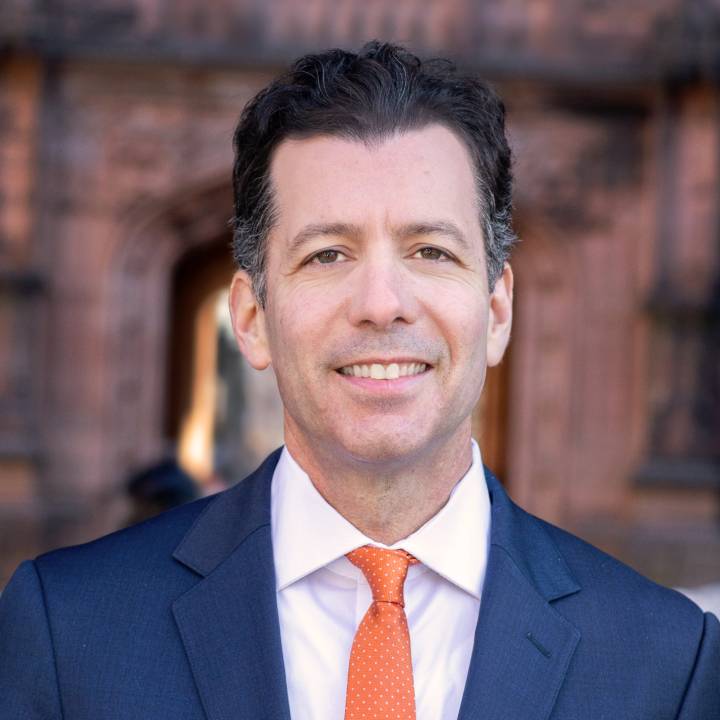
| Date: | April 16, 2026 at 10 am (Meeting # 718 since 02/13/1986) |
| Topic: | Higher Education, Free Speech, and the Intersection of University Life with Public Policy and Government Relations |
| Speaker: | Gadi Dechter, Vice President for Communications and Government Affairs, Princeton University |
| THIS WILL BE A HYBRID MEETING (in-person at TJC & via Zoom) | |
| To join this meeting on Zoom, please click HERE | |
Gadi Dechter became Vice President for Communications and Government Affairs on January 10, 2022.
He provides strategic communications and federal relations advice to the President and other senior University leaders, communicating about and advocating for the priorities of Princeton and higher education more broadly.
He oversees the offices of communications and government affairs (located in Washington, D.C.).
Prior to joining Princeton, he was head of public affairs at the Washington, D.C., headquarters of APCO Worldwide, a communications consultancy.
Before that he served in the White House as senior adviser to the White House National Economic Council and National Security Council under President Barack Obama.
He has also served as deputy director of policy and strategic planning at the U.S. Department of Commerce, as managing director of economic policy at the Center for American Progress, and as a reporter at Bloomberg News and the Baltimore Sun.
Dechter received a B.A. in literature from Yale University and a master's degree in The Writing Seminars at Johns Hopkins University.
He has held lecturer appointments at George Washington University, Johns Hopkins University and the Maryland Institute College of Art.
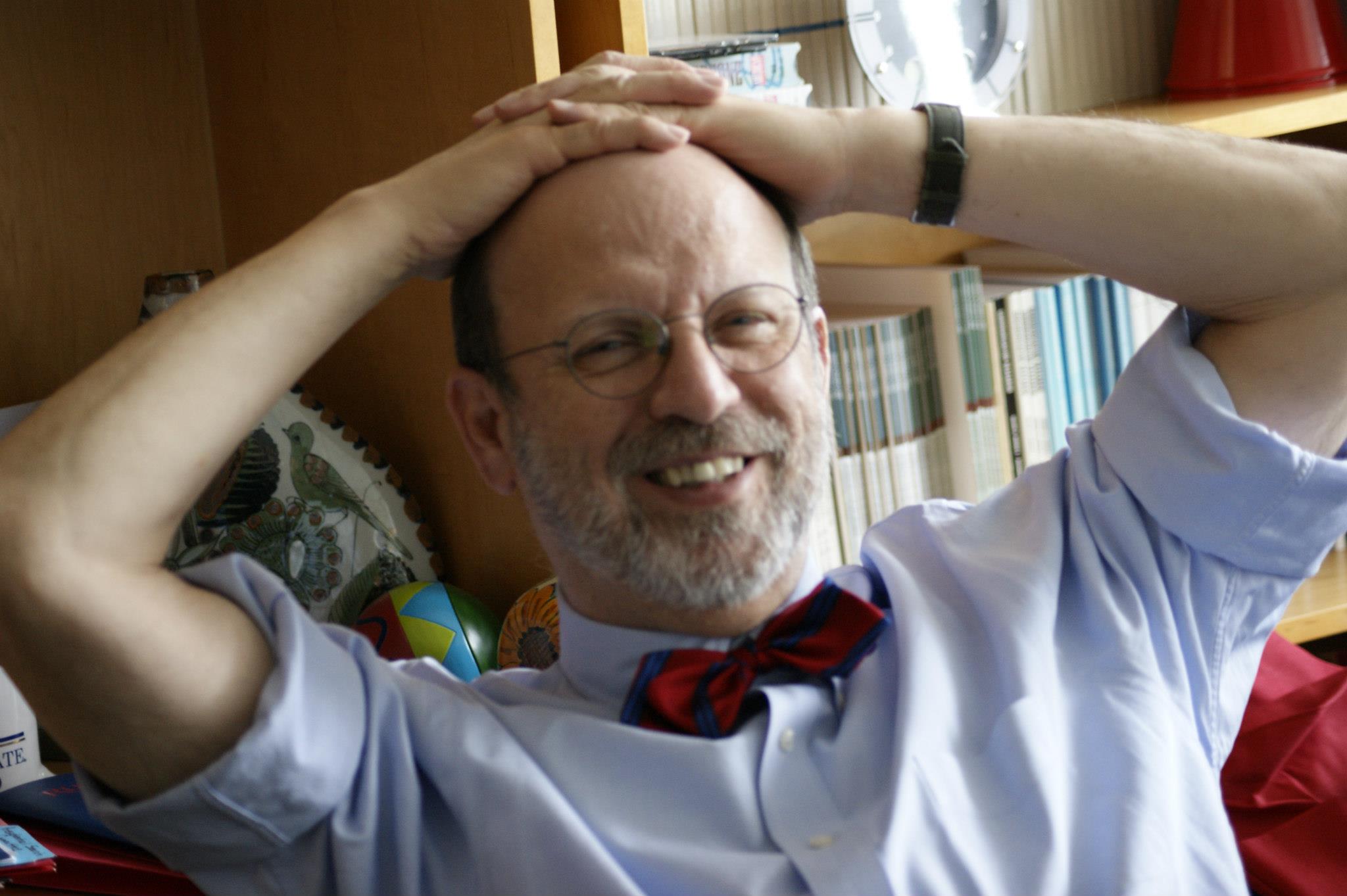
| Date: | April 30, 2026 at 10 am (Meeting # 719 since 02/13/1986) |
| Topic: | Demographic Snapshots of New Jersey in a Changing Century |
| Speaker: | Jorge Schement, Emeritus Distinguished Professor of Communication Policy at Rutgers University |
| THIS WILL BE A HYBRID MEETING (in-person at TJC & via Zoom) | |
| To join this meeting on Zoom, please click HERE | |
This presentation will address demographic changes in New Jersey through the lens of population diversity and higher education.
- Overview of the nation's population trends: population growth; ethnicity; immigration; age cohorts.
- New Jersey's changing population: age, ethnicity, women and minority entrepreneurship, segregation and communities; statewide inclusion and multiculturalism.
- Evolving higher education in New Jersey: demand for university education; diversity of student populations; foreign student trends; faculty diversity profiles.
- New Jersey's coming tension over DEI: diversity in New Jersey's communities, in higher education.
Jorge Reina Schement is Emeritus Distinguished Professor of Communication Policy in the Dept.
of Journalism and Media Studies (JMS), School of Communication and Information (SC&I) with affiliations in American Studies and Latino Studies at Rutgers University.
He previously served as the first Vice President, and Vice Chancellor for Diversity and Inclusion for RU-New Brunswick and for Rutgers Biological and Health Sciences.
He also served as Dean of SC&I, and chaired the Executive Planning Committee for Rutgers' 250th Anniversary celebration.
He was a Distinguished Professor, and cofounder of the Institute for Information Policy at Penn State University.
Schement holds a PhD from Stanford University, an MS from the University of Illinois, and a BBA from SMU.
He is author of over 250 books, papers, and articles.
He served on President George W. Bush's Council of Advisors on Science and Technology, the Technology Advisory Committee for Governor Jerry Brown of California, and authored the telecommunications policy agenda for the Congressional Hispanic Caucus.
He is a founding member of the FCC Federal Advisory Committee on Diversity in the Digital Age.
He served as an advisor to the FCC Transition Team for President Barack Obama, and for President Joe Biden.
He is currently working on a memoir project and posts draft essays to his Facebook page.
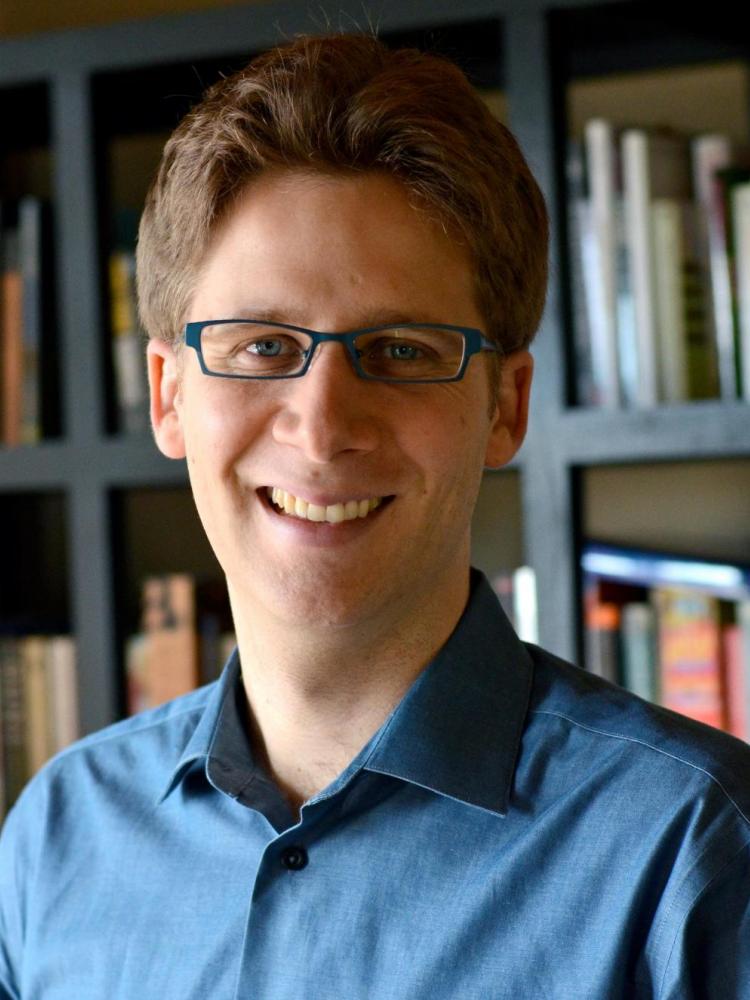
| Date: | May 7, 2026 at 10 am (Meeting # 720 since 02/13/1986) |
| Topic: | Mapping the complexity of artificial intelligence using the tools of cognitive science |
| Speaker: | Tom Griffiths, Henry R. Luce Professor of Information Technology, Consciousness, and Culture in the Departments of Psychology and Computer Science at Princeton University; Director of the AI Lab |
| THIS WILL BE A HYBRID MEETING (in-person at TJC & via Zoom) | |
| To join this meeting on Zoom, please click HERE | |
Rapid progress in artificial intelligence research has led many to predict that we will soon have superhuman artificial general intelligences.
I will argue that a more realistic outcome is that we will create systems that are heterogeneously superintelligent, outperforming humans in a wide range of settings but also systematically underperforming in others.
I will also argue that the tools we need for understanding this heterogeneity can be found in cognitive science, where researchers have spent decades developing theoretical and empirical methods for making sense of the capabilities of intelligent systems.
I will illustrate this argument by discussing some surprising cases where large language models perform poorly in predictable ways and recent results showing that both the classic phenomenon of neural networks being insufficiently discrete and the classic phenomenon of thought being overly discrete result in deficits in the performance of AI systems.
Prof Griffiths' research explores connections between human and machine learning, using ideas from statistics and artificial intelligence to understand how people solve the challenging computational problems they encounter in everyday life.
He has made contributions to the development of Bayesian models of cognition, probabilistic machine learning, nonparametric Bayesian statistics, and models of cultural evolution, and his recent work has demonstrated how methods from cognitive science can shed light on modern artificial intelligence systems.
Prof Griffiths completed his PhD in Psychology at Stanford University in 2005, and taught at Brown University and the University of California, Berkeley before moving to Princeton.
He has received awards for his research from organizations ranging from the American Psychological Association to the National Academy of Sciences and is a co-author of the book Algorithms to Live By, introducing ideas from computer science and cognitive science to a general audience.
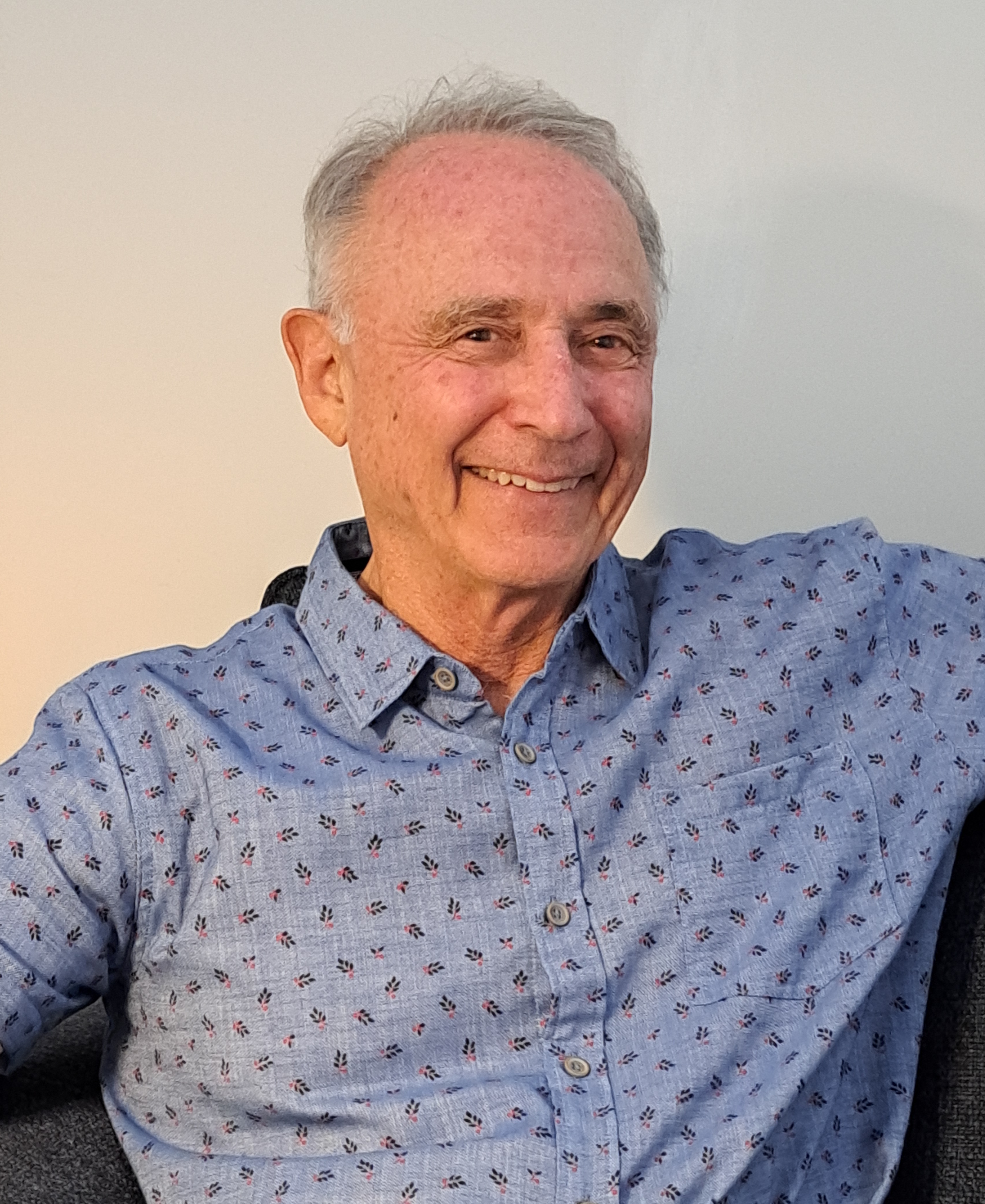
| Date: | May 21, 2026 at 10 am (Meeting # 721 since 02/13/1986) |
| Topic: | Princeton and the American Revolution: The 10 Crucial Days |
| Speaker: | Barry Singer, a local historian and author, is a speaker about Princeton and the American Revolutionary War. He is also a long time volunteer with the Historical Society of Princeton |
| THIS WILL BE A HYBRID MEETING (in-person at TJC & via Zoom) | |
| To join this meeting on Zoom, please click HERE | |
This is the story of the desperate hours at the end of 1776 when the American Revolution seemed lost.
Struggling through unimaginable difficulties, the Continental Army crossed the Delaware on Christmas 1776, winning three battles in 10 days, culminating in the Battle of Princeton on January 3, 1777.
These victories changed the course of history and enabled the birth of our free nation.


Barry Singer has been a Princeton area resident for more than 30 years.
After retiring from a long career in the financial business, he has followed his passion for Revolutionary War history by teaching at local libraries, senior centers and at Princeton University's Community Auditing Program.
Additionally, working for the past 18 years as a volunteer with the Historical Society of Princeton, Barry has also been leading walking tours of this intriguing historic town.
To learn more about Barry's activities, visit www.barrysinger.co.
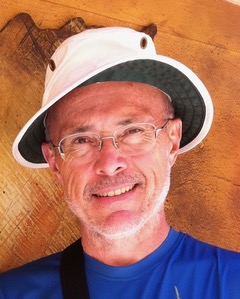
| Date: | June 4, 2026 at 10 am (Meeting # 722 since 02/13/1986) |
| Topic: | When Bipartisanship Mattered: Clifford Case and the US Senate, 1955-79 |
| Speaker: | Bill Fernekes |
| THIS WILL BE A HYBRID MEETING (in-person at TJC & via Zoom) | |
| To join this meeting on Zoom, please click HERE | |
This illustrated presentation highlights the life and career of former US Senator from New Jersey, Clifford P.
Case, who served four-plus terms in the House of Representatives (1945-53) and four terms in the US Senate (1955-1979).
Known as a moderate/liberal Republican, Case was a strong supporter of civil and human rights, ethics in government, constraints on executive power and environmental protection.
Case’s work in the Senate to craft bipartisan solutions to national and international problems is emphasized, a marked contrast with the highly polarized politics currently dominating the United States Congress.
Dr. William R. Fernekes holds a B. A. in history and a N.J. social studies teaching certificate from Rutgers College.
He also received an M.A. in Latin American history and an Ed. D., in social studies education from Rutgers.
From 1974 to 1987, he worked as a social studies and Spanish teacher at Hunterdon Central Regional High School before becoming the social studies department supervisor, a post he held until his retirement in December 2010.
Since January 2011, he has taught courses in social studies education, human rights and education, global education and teacher preparation at Rider University and the Rutgers Graduate School of Education.
He also served as advisor/co-advisor of the Amnesty International campus chapter at Hunterdon Central Regional High School for 25 years, and is currently a member of the national steering committee of Human Rights Educators USA, where he also hosts the monthly podcast Human Rights Education NOW!
Dr. Fernekes is presently the chair person of the Community Liaison Committee (CLC) which governs the Rutgers Living History Society and supports the work of the Rutgers Oral History Archives (ROHA) to collect and process oral histories, produce interview transcripts and participate in community events to celebrate the diverse and inclusive histories of Rutgers and New Jersey's many communities.
His written works include
Children's Rights: A Reference Handbook (With Beverly C. Edmonds, ABC-CLIO, 1996),
The Oryx Holocaust Sourcebook (Greenwood Press, 2002),
The Human Rights Imperative in Teacher Education co-edited with Gloria T. Alter (Rowlan and Littlefield, 2022)
and most recently,
Clifford Case and the Challenge of Liberal Republicanism (Lexington Books, 2023).
| Date: | June 11, 2026, 10:00–12:00 |
| What: | 55PLUS VOLUNTEERS MEETING. ALL ARE WELCOME! |
| Topic: | Discussion about running 55Plus and future plans |
| To join this meeting on Zoom, please click HERE | |
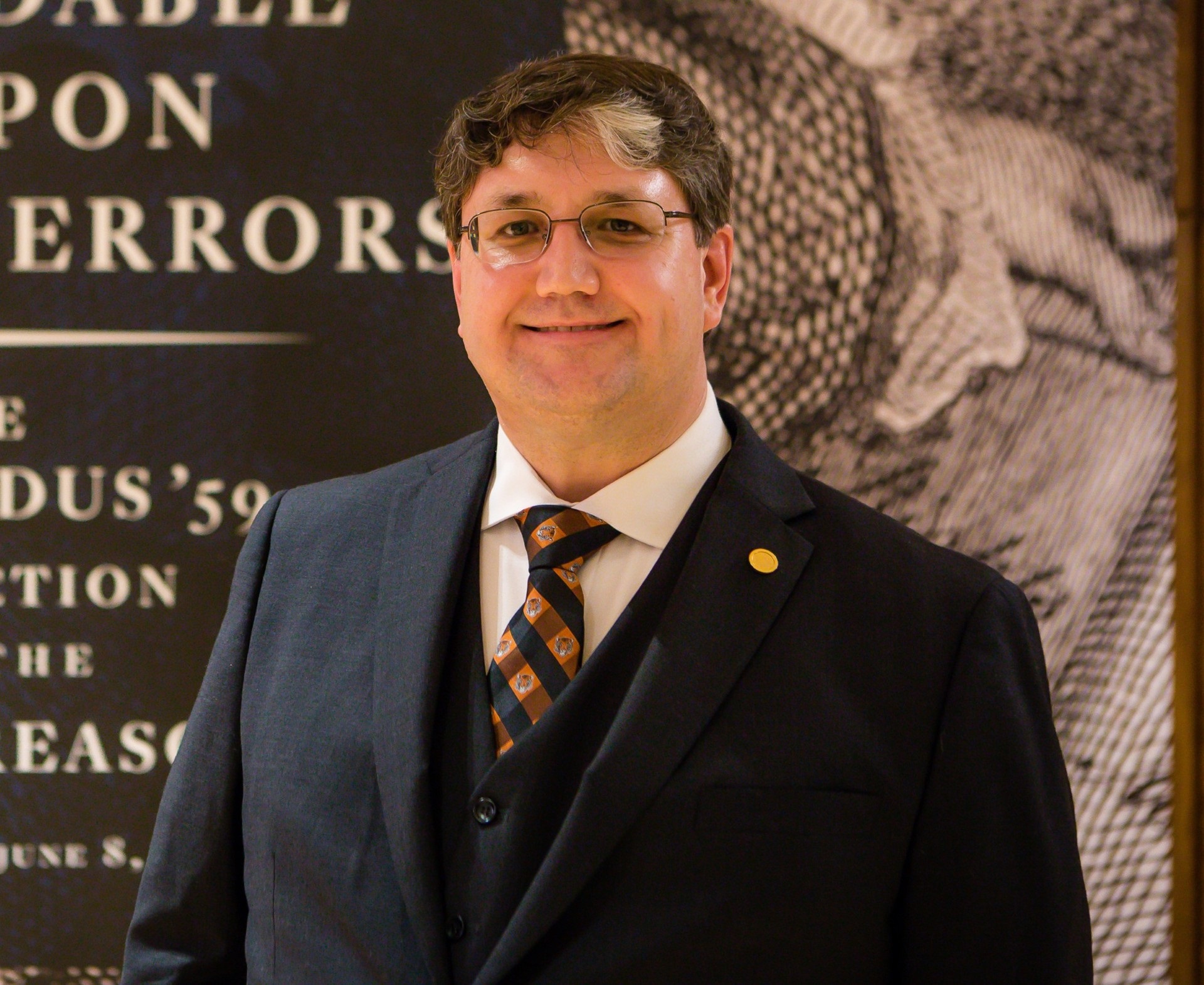
| Date: | June 18, 2026 at 10 am (Meeting # 723 since 02/13/1986) |
| Topic: | Leni Lenape History and Culture |
| Speaker: | Steve Knowlton, Librarian for History and African American Studies at Princeton University |
| THIS WILL BE A HYBRID MEETING (in-person at TJC & via Zoom) | |
| To join this meeting on Zoom, please click HERE | |
The Lenape are the people who inhabited New Jersey when Europeans first came.
This class will explore what is known about Lenape life before European contact, and the history of the Lenape in the last four centuries.
Steve Knowlton is Librarian for History and African American Studies at Princeton University.
He has published numerous historical studies and worked with hundreds of students on research projects.